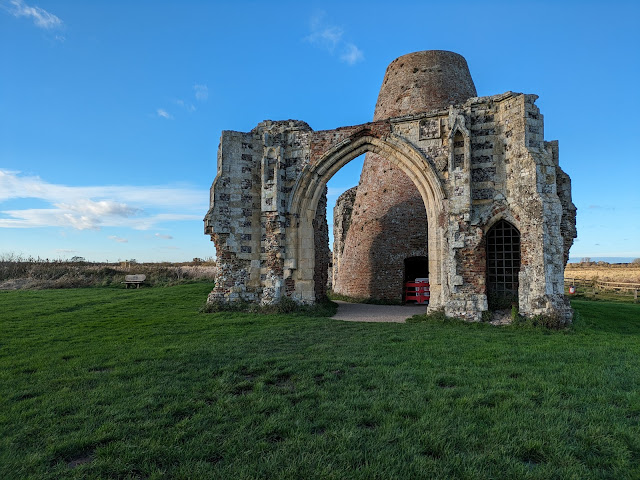The Primrose Path ?!
I walked down the lane at the height of spring enjoying the sun . The air was as heady as chilled champagne and I was following my nose. There was a new whiff of pig on the air. I set off to investigate passing down Horstead’s Primrose Lane but for all my searching I couldn’t find even one! Stitchwort and early Bluebells? Yes. Primroses? No. Yet there must have been lots of them once upon a time. Did thieves plunder them ? There are lots of wild Primroses in local gardens, but my guess is that a change of maintenance of the verges will have played largest part. In days gone by they made as much hay as they could. Now the verges are cut and left. Un-raked grass soon becomes rank and humpy and can strangle plants. Primroses are especially vulnerable.
Saddened by the loss of Primroses I found two places where rubbish had been dumped by the roadside. Doesn’t fly tipping make you cross!? We talk about dirty pigs. What about dirty humans? I eventually found the porkers I’d been looking for recently moved into their new quarters. They were spread out across a wide rolling field, their housing giving the appearance of a well scattered shanty town. I like pigs! They reminded me of two Gospel stories .
In one swine possessed by evil spirits had run madly downhill and to drown in the sea. I wondered if the fly tipping and loss of wildflowers were signs that our 21st century consumer culture is stampeding us downhill to certain destruction? Does our careless living and lack of concern for what we are doing to the natural world -from Global Warming to Fly Tipping - put us on “the Primrose path that leads to the everlasting bonfire” ?
More hopefully, I also remembered the story of the Prodigal Son. It was among the pigs that he came to his senses.
A few days later I noticed the rubbish has been cleared away ! Well done Broadland District Council! And there’s more rejoice over on the wildflower front. Norfolk County Council has over 15 kilometers of verges designated as Roadside Nature Reserves and they add more each year. The latest, number 101, is at Binham Priory where care is being exercised to preserve Wall Bedstraw.
The Norwich Diocese Environmental Policy, a booklet on Climate Change and Covenant by Bishop David Atkinson and other resources are available on-line at the the Diocesan Website at http://www.norwich.anglican.org or by application to Diocesan House.




Comments